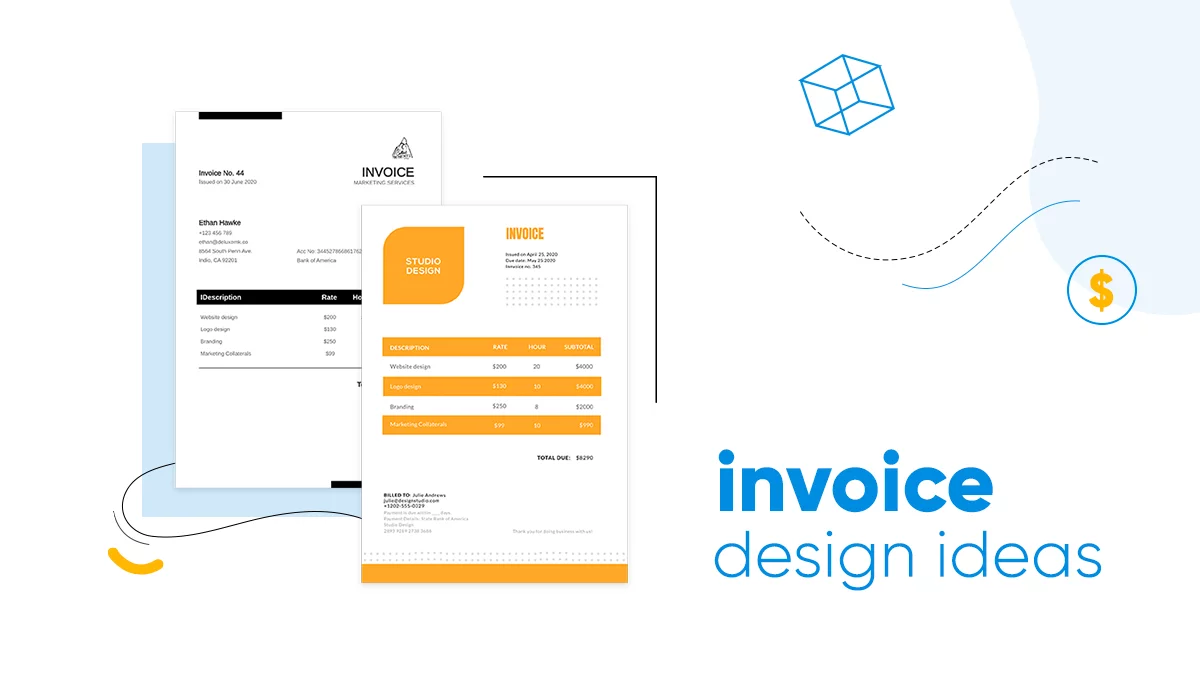How to be a great editor
Whether you’re writing for an entrepreneurship magazine like I do, or a high-performing blog, or working on a best-selling novel, you always need a good editor.
Good editing is important, because no matter how good of a wordsmith you may be, you always need more than one pair of eyes. Writers often get too close to their work and in doing so find themselves making mistakes, whether that’s making simple typos or crafting out whole sections of prose that don’t hold together.
An editor’s job is to polish that rough first draft and turn it into a gem that’s not just readable for the audience, but enjoyable too.
“Editing might be a bloody trade, but knives aren’t the exclusive property of butchers. Surgeons use them too.”
– Blake Morrison
When it comes to editing here are five very simple rules that every good editor should follow.
Focus on structure
As a writer, I know how easy it is to get caught up in the creative process and write about whatever it is that comes to mind. As an editor though, I also know how important it is for all writing to have a sense of structure to it.
Writers tend to become self-indulgent, and in their pursuit of getting out everything on their minds, can end up with a chaotic mass of information that’s too confusing to read.
The editor’s job is to bring order to that chaos and to do so means figuring out a sense of structure and flow. In order for something to be readable, it needs to have distinct components, and one bit of information has to naturally lead to the next. This process often involves smoothing out transitions, reordering things that are out of place, or ruthlessly cutting content that isn’t necessary.
Know your voice
In order to maintain the integrity of your publication you have to make sure that each piece of content you put out shares the same “voice.”
Depending on your publication, and who your readers are, your voice could be funny, intellectual, dry or any other number of adjectives. As an editor you need to have a firm grasp of what your voice is and reject, or reshape, pieces you get that don’t fit in with your publication’s style.
At Foundr, we get hundreds of people who want to write for either the blog or the magazine. When it comes to picking out who gets to write for us, they have to meet certain criteria, but also need to be able to write in a way that resonates with our audience.
Be consistent
Grammar and style are the trusted tools of every good editor. Some writers, while good at crafting stories, are actually terrible at grammar. Others know the basics, but have some persistent blind spots. It’s an editor’s job, as nightmarish as it can be, to catch every little slip up and goof.
But not everyone follows the rules of grammar in the same way. A large part of maintaining a consistent voice within your publication is making sure you have a set of rules for sticky points of grammar, spelling, punctuation, etc. At Foundr, we generally refer to the Associated Press Stylebook for these linguistic details. Nothing looks more amateurish than inconsistency.
Take it offline
Oftentimes as an editor, you’ll come across a line or paragraph that just doesn’t feel right. These are the most frustrating moments because even though everything seems technically correct it just doesn’t feel like it is. Or you might just feel like you’re missing something. When it comes to moments like these, the best option is to take it offline.
Psychologically speaking, the human brain actually interprets information differently depending on what medium you’re using. Our editor-in-chief Tate has the motto, “When in doubt, print it out.” Reading from the printed page, when possible, is always better than reading from a screen.
Personally, I like to read the text aloud when I come across a passage that doesn’t feel right. It gives me a better sense of how something is structured and how readable it really is.
Don’t do a long piece at once
One very important rule for editors is to never attempt to edit really long pieces in one go. Editing requires extreme attention to detail and almost complete concentration, something that can’t really be done for several hours at a time.
I recommend thinking of the quality of your editing like it’s fuel in the tank that steadily depletes as you keep going. You start to run out of fuel and things slip by. It leads to decision fatigue and makes you less attentive to detail, less decisive, and lazier overall.
To make sure your concentration is top-notch, try working in bursts with the Pomodoro technique, where you work in 25-minute sprints with a 5-10 minute break in between.
—
Jonathan is the Content Crafter over at Foundr.
You can check out more of his writing over on the Foundr blog.



